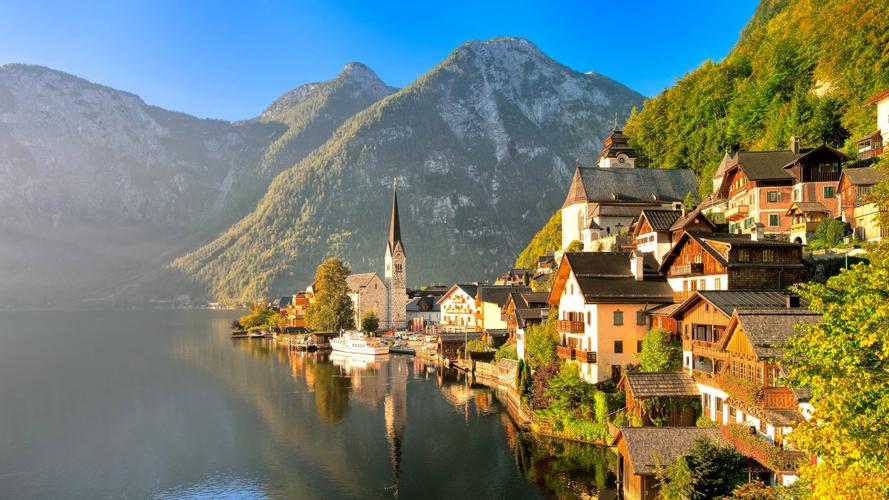Exploring the Evolution of Types of Popular Culture Over the Decades
Popular culture refers to cultural activities and products that are enjoyed by a large section of people and often reflect the social and cultural aspects of a particular community or society. Popular culture has evolved over the decades, beginning with traditional folklore and moving on to multimedia, music, fashion, and social media. In this article, we will explore the evolution of popular culture over the decades and its impact on contemporary society.
The 1950s to 1970s
During these years, popular culture was characterized by the dominance of mass media such as television, radio, and cinema. This was the era of Elvis Presley, Marilyn Monroe, and The Beatles, who gained a massive following due to their music and performances. Popular culture during this time also reflected social and political change. The rise of civil rights and feminism movements, along with counter-culture movements, led to a shift in societal norms and cultural values.
The 1980s to 1990s
The 1980s saw an explosion of popular culture, with the advent of MTV and music videos, which were instrumental in promoting new music and fashion trends. The rise of Hip Hop music and culture, along with the introduction of popular movies such as Star Wars and Back to the Future, created a whole new era of popular culture. The 1990s continued this trend, with the rise of alternative rock, the grunge movement, and popular television shows such as Friends and Seinfeld.
The 2000s to the Present Day
The 2000s marked the era of social media, which transformed the way people interacted with each other and consumed content. The rise of YouTube, Facebook, Instagram, and TikTok created a whole new world of influencers and content creators who produced popular culture in real-time. Today, popular culture is defined by a mix of digital and traditional media. The music industry continues to thrive, with artists such as Beyoncé, Rihanna, and Taylor Swift dominating the charts. Films and television shows have also become more diverse and complex, reflecting the changing demographics and political climate of contemporary society.
The Impact of Popular Culture
Popular culture has a significant impact on society, shaping beliefs, values, and social norms. It reflects the collective consciousness of a community and brings people together. It also creates opportunities for people to express their creativity and individuality, making popular culture an essential part of our lives. That said, popular culture can also reinforce negative stereotypes and perpetuate harmful societal norms. It is therefore essential to promote diversity and inclusivity in popular culture, ensuring that it reflects the values of a just and equitable society.
Conclusion
The evolution of popular culture over the decades has been a reflection of the changing social and cultural dynamics of contemporary society. From traditional folklore to social media, popular culture has always been an integral part of our lives. As we move forward, it is essential to be mindful of the impact of popular culture and work towards creating a more inclusive and equitable world that reflects the diversity and complexity of human experience.
(Note: Do you have knowledge or insights to share? Unlock new opportunities and expand your reach by joining our authors team. Click Registration to join us and share your expertise with our readers.)
Speech tips:
Please note that any statements involving politics will not be approved.
